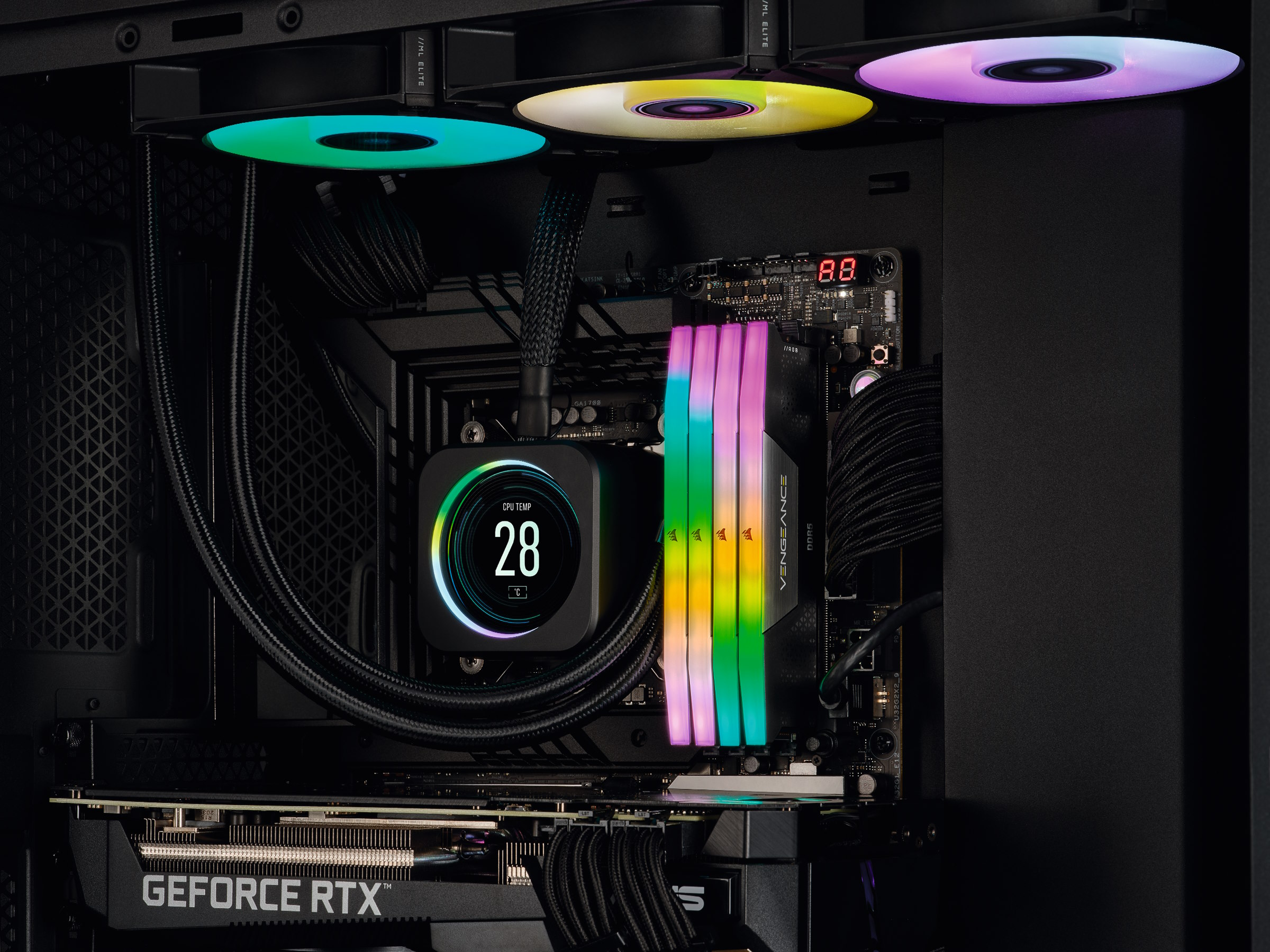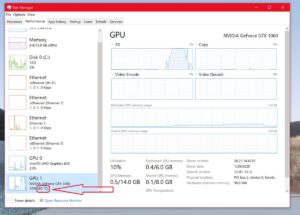
We’ve been recommending that most Windows users have at least 8 gigabytes of RAM if they want their PC to operate smoothly for a while — which is a shame, because a lot of budget laptop sellers still seem to think that 4GB is acceptable in the Year of Our Lord 2024. But a new research report, quoting Microsoft no less, says it might be time to bump up that baseline if you want to access the latest “AI” features, like the newly expanded Copilot tool in Windows.
Market research firm TrendForce (hat tip to PC Gamer) reports that Microsoft is setting the “baseline for DRAM in AI PCs at 16GB.” That doesn’t appear to be a hard limit — no such requirement appears in Microsoft’s technical or business documentation for the tool, and we haven’t heard any reports of Copilot refusing to run on lower-spec PCs. Perhaps that’s not overly surprising, as the bulk of Copilot’s capabilities still rely on remote servers and services, including GPT and DALL-E.
But upcoming AI features (which may or may not include the kind of text and image generation most users think of when talking about AI) may lean much more heavily on local hardware. These are the more immediate things laptop makers tend to highlight, like more efficiently blurring the background and filtering out noise in a video call. And this stuff can get taxing on your hardware, which is why Intel’s 14th-generation Core processors include an AI-boosting Neural Processing Unit or NPU, something AMD is integrating into its 8000-series Ryzen chips this year as well, after debuting it in select Ryzen 7000 laptops last year.
What this probably means is that Microsoft will push its manufacturing partners to set a minimum of 16GB of memory if they want to include Copilot and other Windows 11 AI features in their marketing materials for new laptops and desktops. So don’t think of this as an ultimatum for end users, at least not yet. That said, a RAM upgrade is one of the easiest ways to boost your desktop’s everyday performance, and it’s one of the first upgrades you should consider for any laptop purchase, too.
Laptops generally don’t allow RAM upgrades anymore thanks to permanently soldered-in RAM, with specific exceptions like the tinker-friendly Framework or big, chunky workstation designs like the ThinkPad P series. Hopefully new designs, featuring the super-skinny CAMM modules, might make laptop memory upgrades more common.
- SEO Powered Content & PR Distribution. Get Amplified Today.
- PlatoData.Network Vertical Generative Ai. Empower Yourself. Access Here.
- PlatoAiStream. Web3 Intelligence. Knowledge Amplified. Access Here.
- PlatoESG. Carbon, CleanTech, Energy, Environment, Solar, Waste Management. Access Here.
- PlatoHealth. Biotech and Clinical Trials Intelligence. Access Here.
- Source: https://www.pcworld.com/article/2211044/microsoft-says-its-time-to-upgrade-your-ram-if-you-want-ai-features.html
- 11
- 2024
- 40
- 7000
- 8
- a
- About
- acceptable
- access
- after
- AI
- allow
- AMD
- an
- and
- any
- anymore
- appears
- ARE
- as
- At
- background
- Baseline
- BE
- because
- been
- BIG
- Boost
- budget
- but
- call
- CAN
- capabilities
- Chips
- chunky
- Common
- Consider
- Core
- could
- debuting
- designs
- DRAM
- easiest
- efficiently
- end
- everyday
- expanded
- Features
- featuring
- Firm
- First
- For
- generally
- generation.
- Get
- Hard
- Hardware
- hat
- Have
- heavily
- Highlight
- Hopefully
- HTML
- HTTPS
- if
- image
- IMMEDIATE
- in
- include
- Including
- integrating
- into
- Is
- IT
- ITS
- jpg
- kind
- laptop
- laptops
- last
- latest
- least
- less
- like
- LIMIT
- local
- lot
- make
- makers
- manufacturing
- Marketing
- materials
- May
- means
- memory
- Microsoft
- might
- minimum
- more
- most
- much
- Neural
- New
- newly
- no
- Noise
- normal
- not
- of
- on
- One
- operate
- or
- Other
- our
- out
- P
- partners
- PC
- PCs
- performance
- perhaps
- permanently
- plato
- plato data intelligence
- platodata
- platogaming
- probably
- processing
- purchase
- push
- RAM
- rely
- remote
- report
- Reports
- requirement
- research
- Run
- Said
- says
- seem
- select
- Sellers
- Series
- servers
- Services
- set
- setting
- should
- smoothly
- So
- something
- specific
- still
- such
- surprising
- talking
- tend
- text
- thanks
- that
- The
- their
- These
- they
- things
- think
- this
- time
- tip
- to
- too
- tool
- unit
- up
- upcoming
- upgrades
- users
- Video
- want
- ways
- we
- well
- when
- while
- why
- will
- windows
- Windows 11
- Windows users
- with
- year
- yet
- you
- your
- zephyrnet












